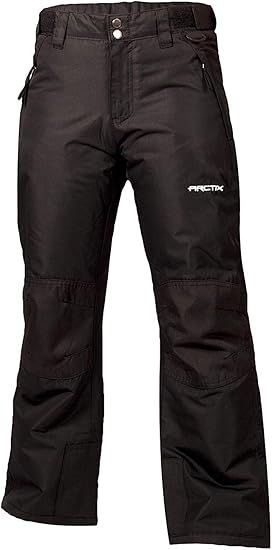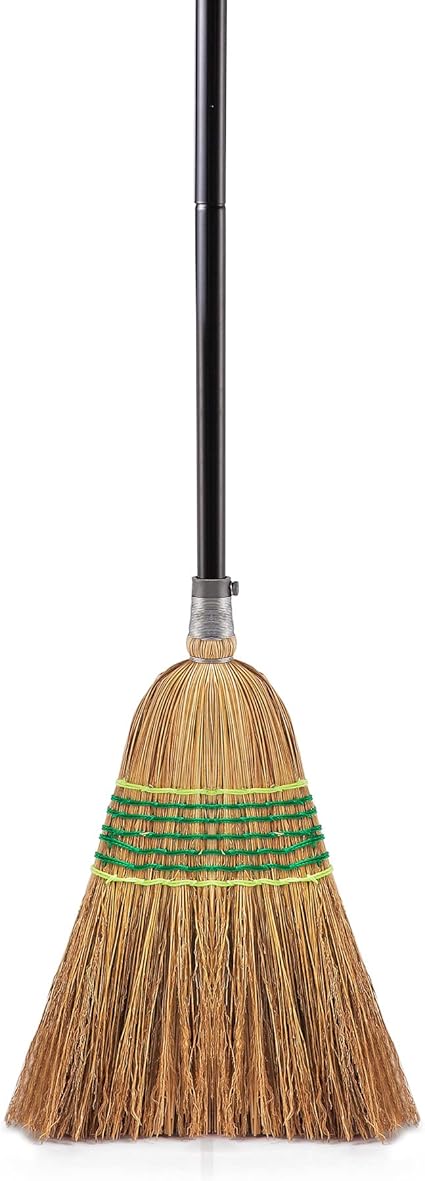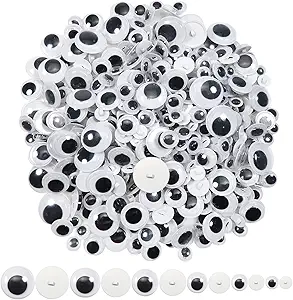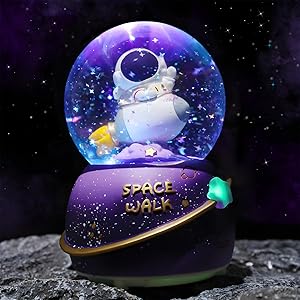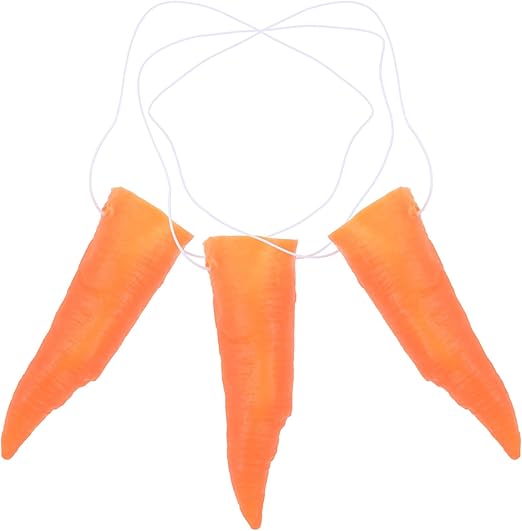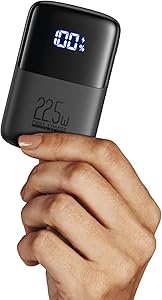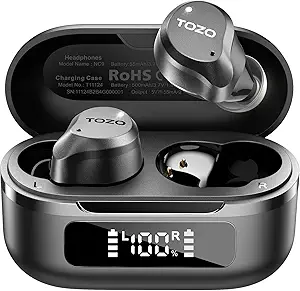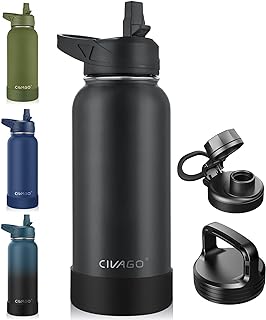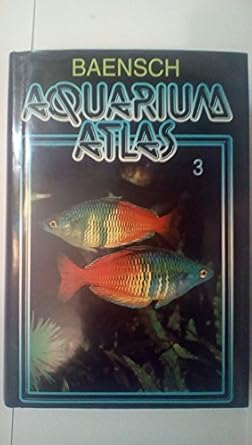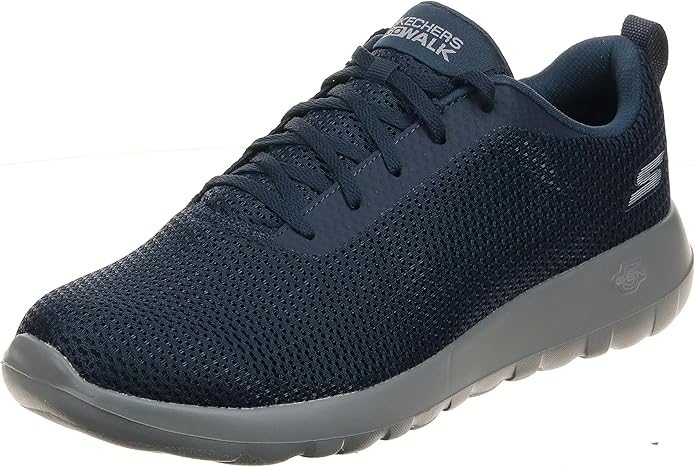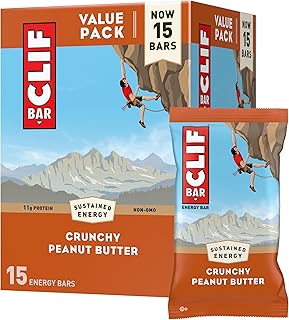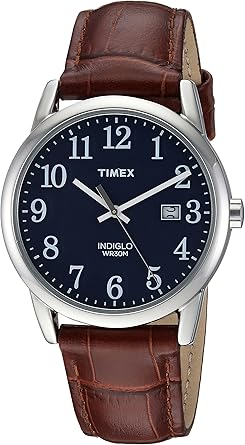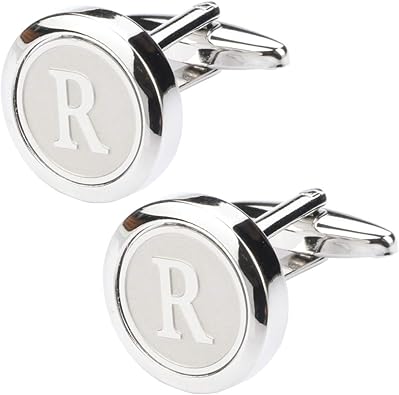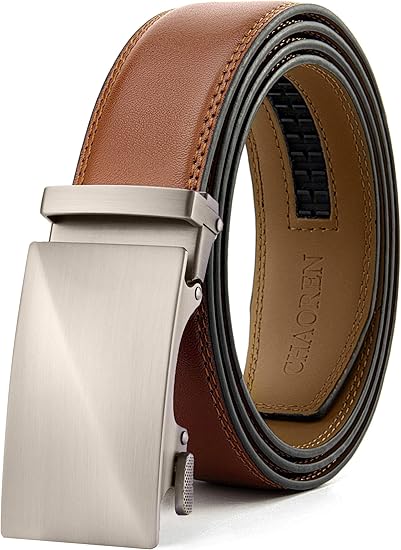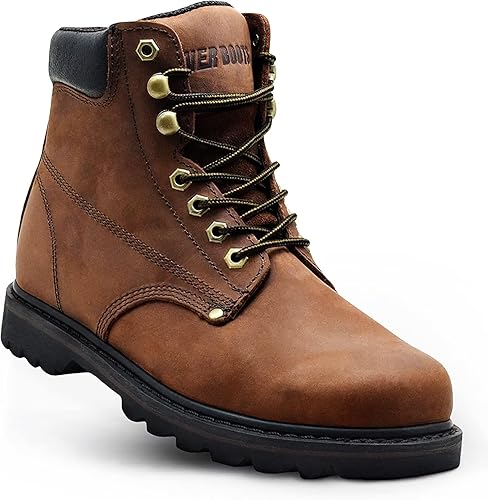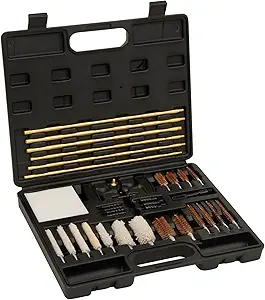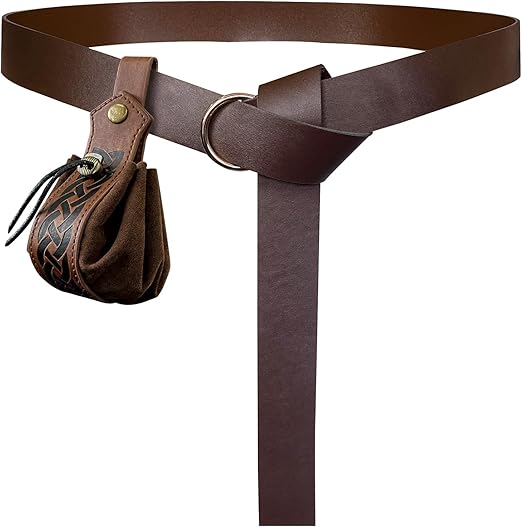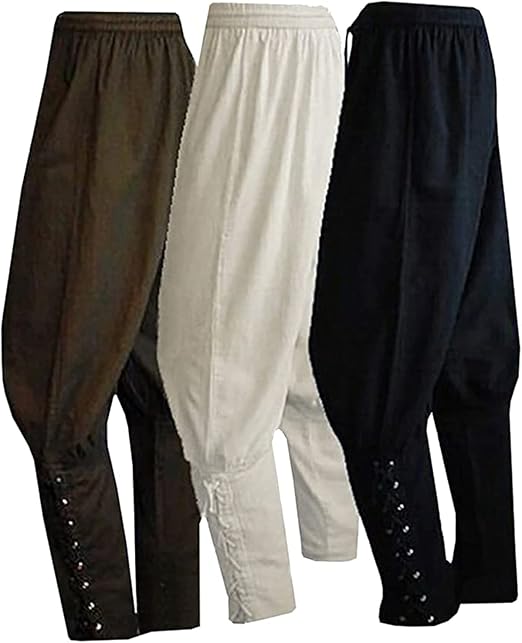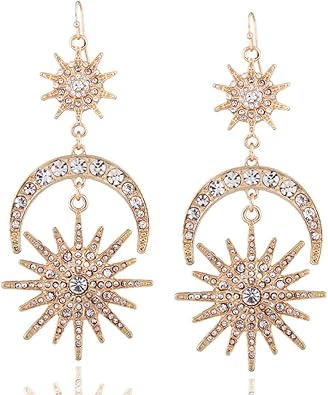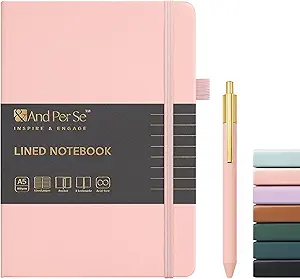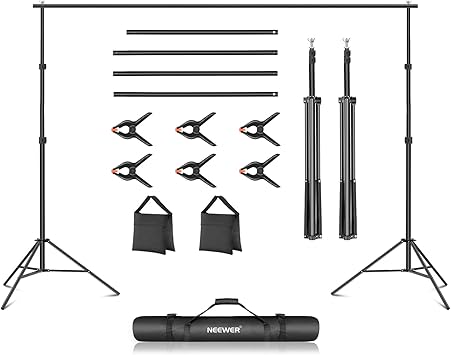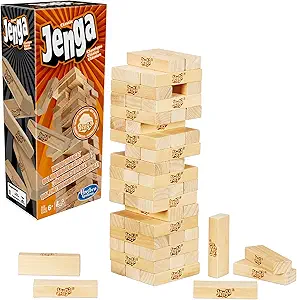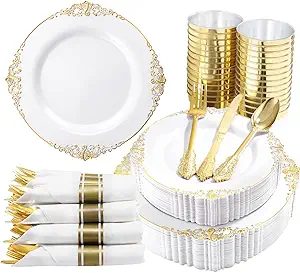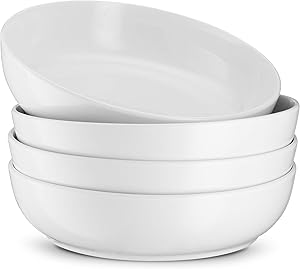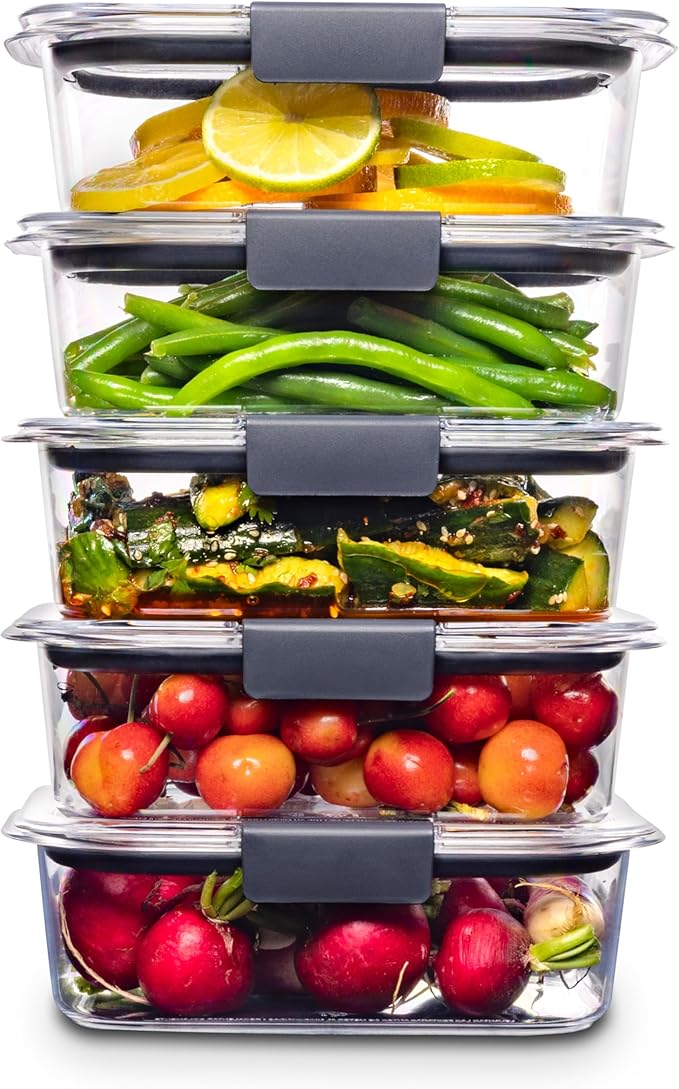🌍 Zero-Waste Living Made Simple: Small Changes, Big Impact
Introduction: Why Zero-Waste Matters
Plastic pollution, overflowing landfills, and climate change aren’t just buzzwords—they’re daily realities. According to the EPA, the average American produces nearly 5 pounds of trash per day, much of which ends up in oceans or landfills. But here’s the good news: you don’t need to be perfect to make an impact.
Zero-waste living isn’t about throwing away nothing—it’s about making intentional choices that reduce waste, conserve resources, and inspire others. The best part? Even small swaps can make a huge collective difference.
This guide breaks down practical, beginner-friendly zero-waste tips for your home, kitchen, wardrobe, travel, and lifestyle—plus checklists, FAQs, and trending sustainable swaps for 2025.
🌱 What is Zero-Waste Living?
Zero-waste is a lifestyle aimed at minimizing waste sent to landfills or incinerators. The key philosophy:
-
Refuse what you don’t need.
-
Reduce what you use.
-
Reuse items longer.
-
Recycle properly.
-
Rot (compost organic matter).
It’s not about perfection—it’s about progress.
🏠 Small Changes at Home That Make a Big Impact
1. Swap Disposable for Reusable
-
Reusable water bottles instead of single-use plastic.
-
Cloth napkins instead of paper towels.
-
Rechargeable batteries instead of disposables.
2. Compost Food Scraps
Nearly 30% of household waste is food. Composting reduces methane emissions and creates natural fertilizer.
3. Ditch Plastic Bags
Keep reusable totes in your car or backpack. In many U.S. states, plastic bag bans are already in place.
4. Buy in Bulk
Shop from bulk bins using jars or cloth bags. You’ll save money and reduce packaging.
🥗 Zero-Waste in the Kitchen
-
Store leftovers in glass containers instead of cling wrap.
-
Choose loose produce over plastic-wrapped.
-
Try beeswax wraps instead of plastic wrap.
-
Buy a French press or reusable coffee filter.
Pro Tip: Meal planning reduces food waste dramatically.
👗 Zero-Waste Wardrobe
-
Embrace thrifting & secondhand shopping.
-
Support sustainable brands that use organic fabrics.
-
Learn to repair clothes instead of tossing them.
-
Host clothing swaps with friends.
🌍 Zero-Waste on the Go
-
Travel with a reusable cutlery set and straw.
-
Carry a collapsible cup for coffee or tea.
-
Say “no” to freebies you don’t need at events.
-
Choose eco-friendly accommodations (look for LEED-certified hotels).
💄 Zero-Waste Bathroom & Self-Care
-
Switch to bar soap & shampoo bars (less packaging).
-
Try bamboo toothbrushes instead of plastic.
-
Use refillable deodorants and skincare products.
-
Opt for safety razors instead of disposables.
🚗 Zero-Waste Travel Tips
-
Pack snacks in reusable containers.
-
Book with eco-conscious airlines or carbon-offset programs.
-
Bring your own water bottle and refill at airports.
-
Use digital tickets instead of printing.
📈 Trending Zero-Waste Swaps in 2025
-
Reusable silicone zip bags replacing single-use plastics.
-
Electric composters for urban homes.
-
Refill stations for detergents & shampoos in supermarkets.
-
Secondhand fashion apps like ThredUp & Poshmark growing fast.
-
Plastic-free grocery stores popping up in U.S. cities.
✅ Zero-Waste Living Checklist
✔️ Reusable water bottle
✔️ Beeswax wraps or silicone bags
✔️ Cloth shopping totes
✔️ Bamboo toothbrush
✔️ Compost bin or community compost service
✔️ Reusable coffee cup
✔️ Stainless steel straws
✔️ Thrifted or secondhand clothing
✔️ Rechargeable batteries
✔️ Digital notes (ditch paper clutter)
🙋 Zero-Waste FAQs
Q1: Is zero-waste expensive?
Not at all—most swaps save money long-term (like reusables).
Q2: Do I need to throw away everything plastic I own?
No. Use what you already have until it wears out. The goal is reducing future waste.
Q3: What’s the hardest part of going zero-waste?
Consistency. Start small, with one habit at a time.
Q4: Can I do zero-waste with kids?
Yes! Choose reusable snack packs, cloth diapers, and fun DIY crafts to reduce waste.
Q5: How can I influence my community?
Share your journey, join local zero-waste groups, or advocate for plastic bans.
🌟 Conclusion: Small Steps, Big Wins
Zero-waste living isn’t about being perfect—it’s about progress. Imagine if millions of people made just one swap per week: the ripple effect would be enormous.
Start where you are—whether it’s swapping plastic bags for cloth ones, composting your food scraps, or switching to thrifted clothes. Each small choice adds up to a healthier planet, less cluttered life, and more mindful lifestyle.
🌍 Remember: You don’t need a handful of people doing zero-waste perfectly. You need millions doing it imperfectly.
